Over the final three months of 2023, ERN presented a series of commissioned briefs on public school choice. Going forward into 2024, as we commemorate National School Choice Week, we hope to draw on these ideas to encourage and persuade policymakers to advance public school choice as a top priority.
While the pandemic has certainly exacerbated the persistent failures of public education, many of these difficulties were baked into the system from its creation and have prevailed ever since. Families are begging for better opportunities for their children, and we need to answer the call.
Republicans have embraced this window for innovation with private school choice – implementing vouchers and education savings accounts in red states across the country. In doing so, Republicans have responded to parents’ desire for more options with a system that will only reinforce existing inequities through financial barriers, discrimination, and lack of accountability requirements.
However, we believe that all families deserve the opportunity to access public education opportunities that best meet the needs of their children. We believe in an equitable approach to school choice.
This approach can take many forms – from open enrollment to public charter schools to innovation zones to high school apprenticeships to early college. In any form, public school choice aims to disrupt the status quo and erode the ties between residential segregation and educational opportunity.
Public school choice – paired with an equitable distribution of resources, strong accountability and oversight, and highly qualified educators and school leaders – can be a game changer for students and families. Not every model will work in every district or every state, which is why we proposed a menu of options to support all families in providing the best opportunities for their children.
Learn from expert thought leaders, electeds, and community advocates as they share different forms of public school choice that can be adopted and scaled in your community:

A Transformative Progressive Policy Agenda for Our Public Schools
Charlie Barone, Prateek Dutta, & Rianna Saslow, K12 Policy Team at Education Reform Now
Education Reform Now Policy Experts discuss the political, moral, and educational imperatives of prioritizing public school choice as a core policy platform in Democrats’ education agenda.
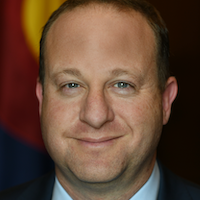
Statewide School Choice in Colorado
Jared Polis, Governor of Colorado
Governor Polis discusses how both cross-district and within-district choice has disrupted the ties between residential segregation and educational opportunity, creating more equitable learning opportunities for all Colorado families.

It’s Time to Make Open Enrollment a Civil Rights Issue
Tim DeRoche, President of Available to All
DeRoche examines how residential segregation has been replicated in schools, yielding an educational system that typically rewards the wealthiest families with the most robust learning opportunities. Open enrollment is a critical tool in dismantling this discriminatory system and creating equal opportunity to education.
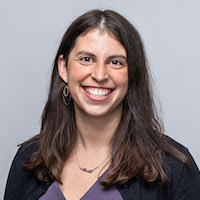
District Schools Reimagined: The Rise of Innovation Schools
Alyssa Morton, CEO and Partner at Empower Schools
Morton discusses how innovation schools serve as adaptive, innovative, and community-centered spaces for learning while continuing to partner with their local districts and teachers’ unions.
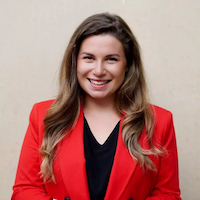
Innovation Schools in Action: Student Empowerment & Career Pathways at CAST
Rianna Saslow, Policy Analyst at Education Reform Now
Saslow takes a deep dive into innovation schools in San Antonio, exploring how CAST Schools have cultivated student agency, boosted academic outcomes, and created unique career pathways.
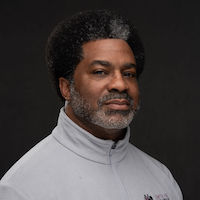
Internships and Apprenticeships: Blurring the Line Between Classroom and Community
Sharif El-Mekki, Founder of The Center for Black Educator Development
El-Mekki explores how apprenticeship programs can empower students through choice and real-world learning, all while providing skilled worker pipelines for businesses and nonprofits, including public schools.
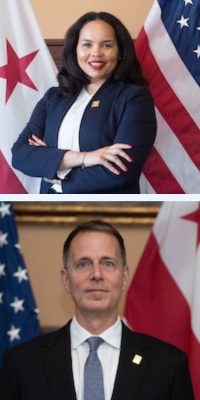
City-Wide Public School Lottery in Washington, DC Delivers a Decade of Access and Increased Equity
Dr. Christina Grant, DC State Superintendent of Education & Paul Kihn, DC Deputy Mayor for Education
Superintendent Grant and Deputy Mayor Kihn share how DC’s unified, district-wide enrollment system has boosted family engagement, provided an onramp to public education through universal pre-K enrollment, and equitably matched students to schools that fit their needs.
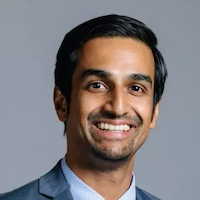
Beyond Boundaries: The Impact of Public School Choice in Los Angeles
Prateek Dutta, Deputy Director of K12 Policy & Strategic Initiatives at Education Reform Now
Dutta discusses new research about how Zones of Choice have boosted SAT scores, graduation rates, and college enrollment in Los Angeles for both participating and non-participating schools.

Public School Choice: A Tool of Equity and Empowerment for Families
Keri Rodrigues, President of the National Parents Union
Rodrigues shares how public school choice serves as a catalyst for school improvement and accountability, helping to dismantle historical inequities and create new opportunities for all families.

Empowering Families: Cleveland’s Path to Inclusive and Accessible School Choice
Meghann Marnecheck, Executive Director of Cleveland Transformation Alliance & Khadijah Fair, Family Engagement Manager at Cleveland Transformation Alliance
Marnecheck and Fair discuss how the Cleveland Transformation Alliance implemented a variety of strategies, including ambassador programs, networking forums, and family cafes to arm Cleveland families with the resources they need to make the best choices for their children.
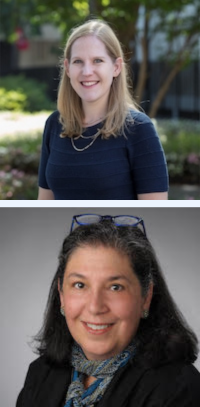
Driving Choice: Examining School Transportation Policies and their Impact on School Choice
Sarah Cordes, Associate Professor at Temple University & Amy Ellen Schwartz, Dean of Joseph R. Biden Jr. School of Public Policy and Administration
Cordes and Schwartz assert that pupil transportation is a critical component of equitable school choice. Schools and districts may look at equitable routes and staggered start times to facilitate accessible bus options, or they may implement transit passes, financial reimbursements, and buddy systems to offer transportation alternatives.

Charter Schools: Why the Model, Who Supports Them, and Their Results Should Command Progressive Support
Ron Rice, Senior Director for Government Relations at the National Alliance for Public Charter Schools
Rice asserts that charter schools align with progressive values of equity and inclusion by closing achievement gaps, cultivating inclusive learning environments, and earning the support of Black and Latino communities.
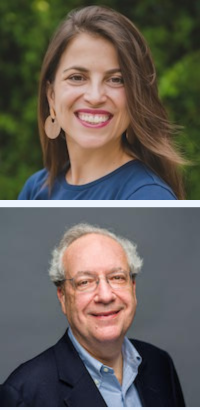
Degrees of Success: Exploring the Impact of Early College High Schools
Erika Giampietro, Co-Founder and Executive Director of the Massachusetts Alliance for Early College & Chris Gabrieli, Chairman of the Massachusetts Board of Higher Education and Co-Founder of Empower Schools
Giampietro and Gabrieli share how early college can boost access and facilitate a diverse and cost-effective pipeline to higher education.
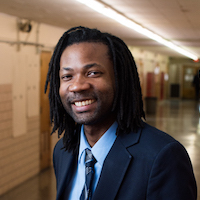
The Start of Something Grand – Bard Early College
Dr. Dumaine Williams, Vice President and Dean of the Early Colleges and Vice President for Student Affairs at Bard College
Williams explores how Bard Early College redefines traditional education by offering students a unique blend of high school and college experiences.